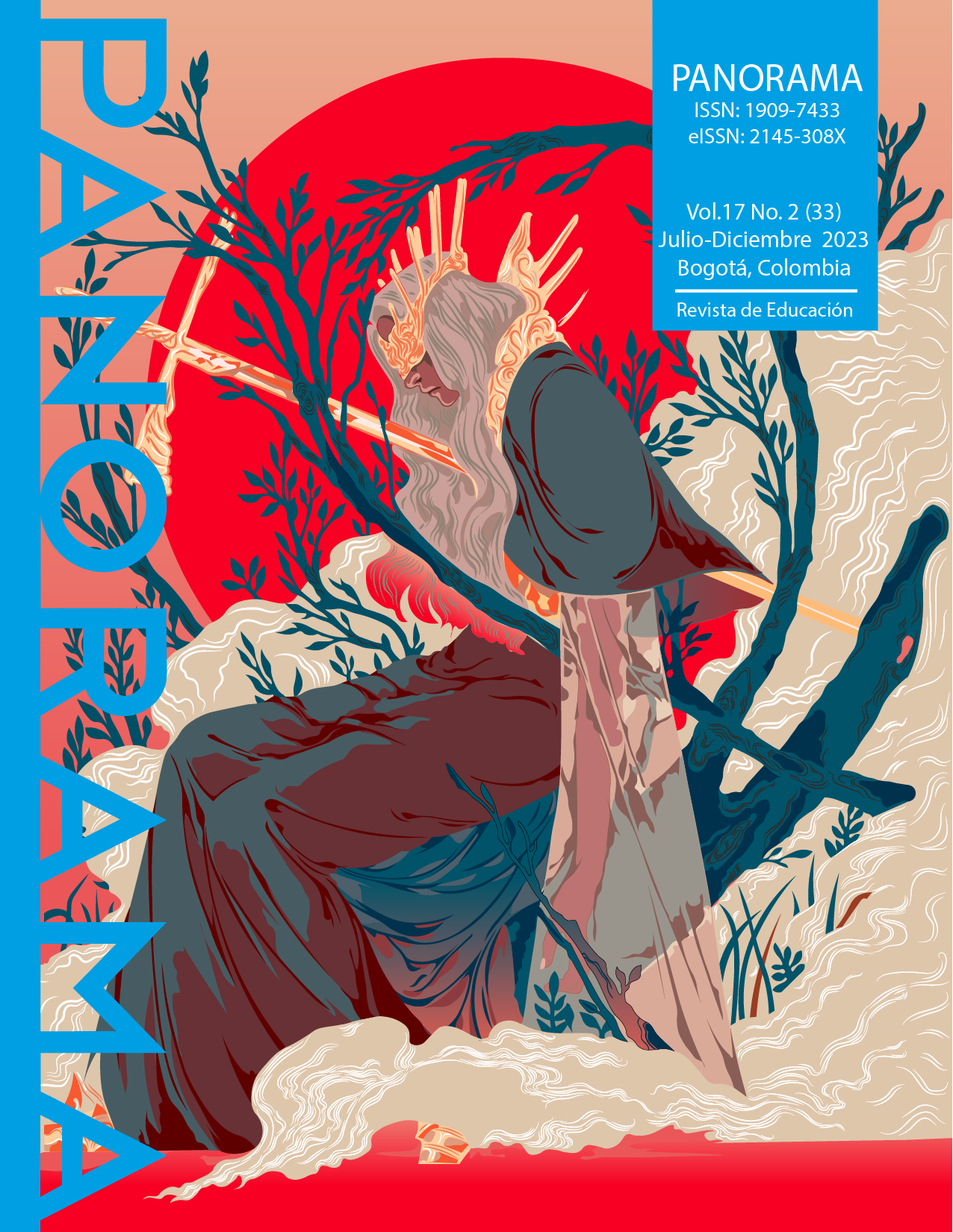Abstract
The article presents the results of the systematization of experiences of teachers in training, according to the academic components of pedagogical and educational practice and in accordance with the main objective of the research entitled "Pedagogical and educational practice in the Technology and Computer Science degrees of the Catholic University of Manizales - UCM and the Catholic University Foundation Lumen Gentium - Unicatólica, as a contribution to the initial training of teachers", in which the contributions
of the pedagogical and educational practice (PPE) to the initial training of teachers in training for the degrees in Technology and Computer Science of the Catholic University of Manizales (UCM) and Computer Science of the Lumen Gentium University Foundation (Unicatólica) are analyzed, it was decided to design and develop a process of systematization of experiences, which allowed to analyze the actions, perceptions, interpretations and particular situations, experienced by a focal group of students of the degrees, while taking the subjects of the academic component of the PPE. At the methodological level, the systematization process is applied according to Jara (1994), where the author considers systematization as a critical interpretation of one or several experiences that, from their ordering and reconstruction, show the logic and the factors involved in the process lived, their relationship and the situations that have caused such relationships.
References
Adell, J., y Castañeda, L. (2012). Tecnologías emergentes, ¿pedagogías emergentes?, Tendencias emergentes en educación con TIC. Barcelona: Asociación Espiral, Educación y Tecnología (pp.13-32). Recuperado de: https://digitum.um.es/digitum/bitstream/10201/29916/1/Adell_Castaneda_emergentes2012.pdf
Coll, C. (2008). Aprender y enseñar con las TIC: expectativas, realidad y potencialidades. Boletín de la Institución Libre de Enseñanza, 72, 17-40. http://cmapspublic.ihmc.us/rid=1MVHQQD5M-NQN5JM-254N/Cesar_Coll_-_aprender_y_ensenar_con_tic.pdf
Cortés, S. (2017). Uso de las TIC en la práctica pedagógica. TIA, 5(1), pp. 46-56.
Díaz, Q. (2006). Formación docente, práctica pedagógica y saber pedagógico. Laurus, 12(Ext), 88-103. ISSN: 1315-883X. Recuperado de: https://www.redalyc.org/articulo.oa?id=76109906
Ghiso, A. (2011). Sistematización. Un pensar el hacer, que se resiste a perder su autonomía. Medellín: Fundación Universitaria Luis Amigó. Medellín-Colombia. Disponible en: http://www.crefal.edu.mx/decisio/images/pdf/decisio_28/decisio28_saber1.pdf
Jara, O. (1994). Para sistematizar experiencias. Una propuesta teórica y práctica. Ediciones Tareas, Lima.
Jara, O. (2018). La sistematización de experiencias: práctica y teoría para otros mundos posibles. 1ed. Bogotá: Centro Internacional de Educación y Desarrollo Humano, CINDE, Colombia.
Barnechea, M., González, E., y Morgan, M. (1992). ¿Y cómo lo hace? Propuesta de método de sistematización Taller Permanente de Sistematización. Lima.
Marchesi, A. (2012). Preámbulo. En Organización de Estados Iberoamericanos para la educación, Ciencia y Cultura. Los desafíos de las TIC para el cambio educativo. Fundación Santillana. Madrid. Recuperado de http://www.oei.es/metas2021/LASTIC2.pdf
MEN, (s.f.). La práctica pedagógica como escenario de aprendizaje. Ministerio de Educación Nacional. https://www.mineducacion.gov.co/1759/articles-357388_recurso_1.pdf
Prieto, P. (2010). La práctica pedagógica en el aula: un análisis crítico. Revista Educación Y Pedagogía, 1(4), 73–92. Recuperado de: https://revistas.udea.edu.co/index.php/revistaeyp/article/view/5624
Rodríguez, H. (2006). Práctica pedagógica. Una tensión entre la teoría y la práctica. Pedagogía y Saberes, (24), 19.25. Recuperado de: https://doi.org/10.17227/01212494.24pys19.25

This work is licensed under a Creative Commons Attribution-NonCommercial-NoDerivatives 4.0 International License.
Copyright (c) 2023 Panorama





